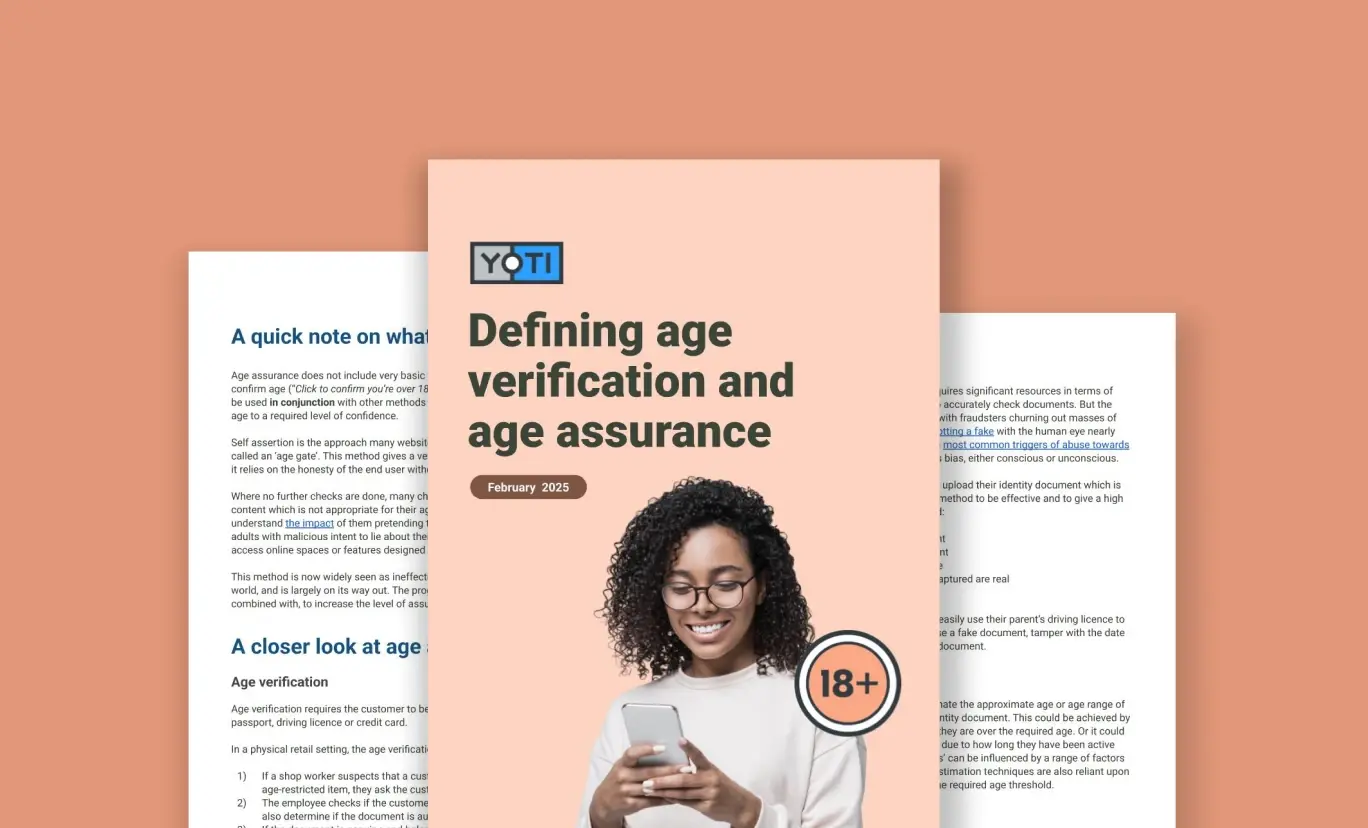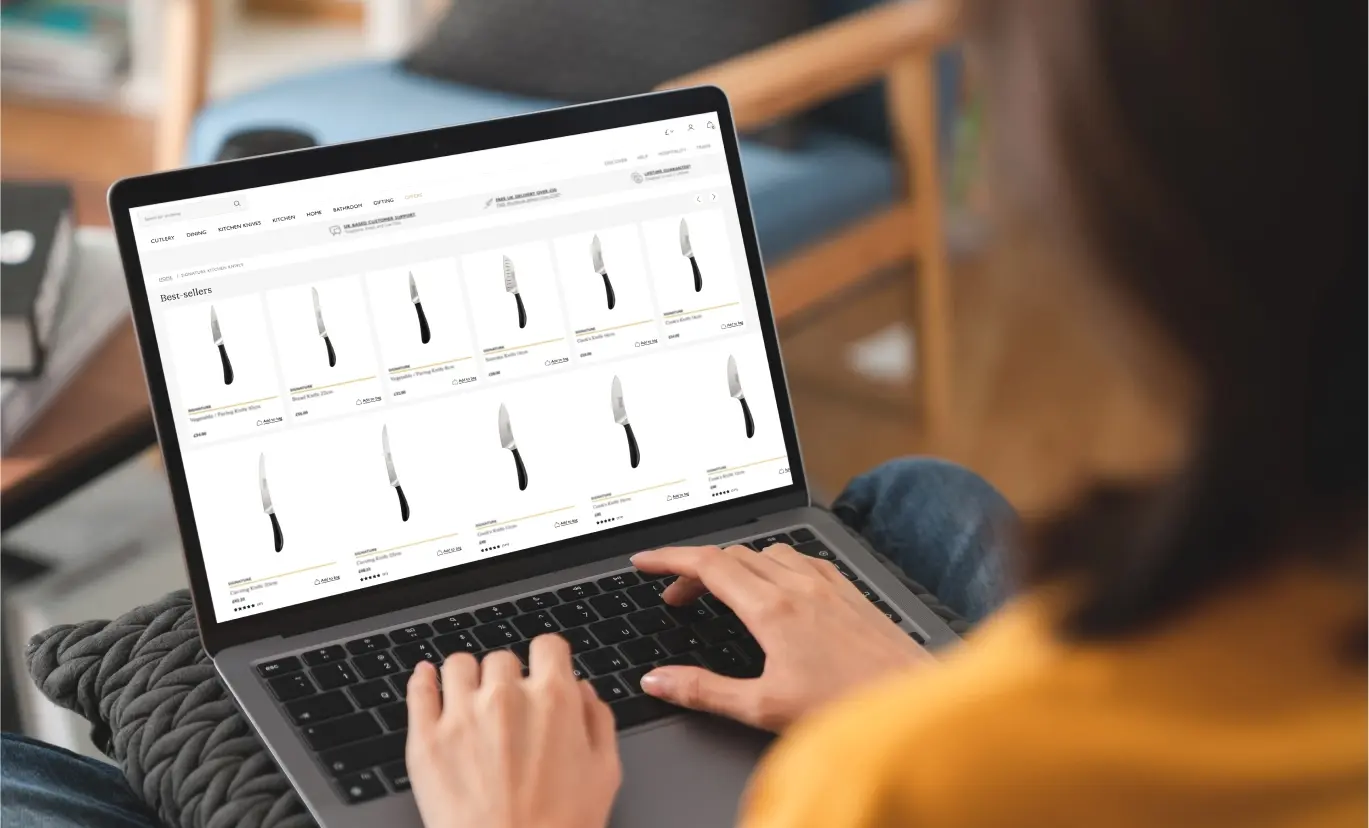Age assurance
Defining age verification and age assurance
Age is becoming an increasingly important focus for governments globally, with legislation being enacted across multiple states and countries. Our latest report looks at: The difference between age verification and age estimation Why self declaration is not age assurance The importance of balancing proportionality and privacy Download
An overview of the COPPA updates (and what it means for your business)
The United States Federal Trade Commission has released its updates to the Children’s Online Privacy Protection Act (COPPA) Rule. It aims to strengthen key privacy protections for children online and better reflect the challenges faced in the modern digital age. The updates introduce stricter requirements for the collection, use and sharing of children’s data. However, it’s worth noting that the rule doesn’t include an explicit exception for the use of children’s personal information solely for age verification. This complicates compliance for platforms that wish to implement more robust age checking than self-declaration. Yoti is ready to assist companies with
Age assurance for online knife sales
At the end of January, the UK Government announced they will introduce stricter age checks for online knife sales. Buyers will need to submit a copy of their photo ID, such as a driving licence, as well as proof of address, such as a utility bill. The same person who bought the knife will have to show ID again on delivery, and no knife packages can be left on the doorstep. These measures are part of the upcoming Crime and Policing Bill, expected to be introduced in Parliament this Spring. While knife crime is a key focus of the
Verifying age with email address age estimation
As legislation increasingly serves to protect children online, businesses and platform operators require efficient and privacy-conscious methods to verify user ages. Email address verification is just one of these methods, leveraging email metadata to estimate a user’s age without collecting further personal information. This guide explores how email age estimation works, its reliability, regulatory compliance, and how it performs as a tool for businesses that wish to balance user experience and risk. What is email address age verification? Email address age verification is a method of age assurance used by websites and online operators to determine
Understanding age assurance in the UK’s Tobacco and Vapes Bill
In a significant move towards tightening regulations on tobacco and vaping products, the UK has introduced the Tobacco and Vapes Bill. Originally introduced by the previous Conservative government, the Bill has now been reintroduced by the new Labour government, signalling bipartisan support. The Bill aims to create a “smoke-free generation” by gradually raising the age of sale for tobacco and vaping products every year until they are completely phased out across the UK. What is the main aim of the Tobacco and Vapes Bill? The Tobacco and Vapes Bill seeks to tighten the regulatory framework around tobacco and
Age verification on adult websites: the facts
Key facts about age verification on adult websites: In the UK, adult websites have to comply with the Online Safety Act Ofcom is the regulator for online safety in the UK Other countries have introduced or are introducing age verification for adult content There are a number of different age verification methods available Age verification methods operate with the strictest privacy standards Some methods don’t require you to use an identity document As the internet continues to evolve, concerns about online safety, privacy, and ensuring age-appropriate content have become more important. A widely discussed issue in recent






